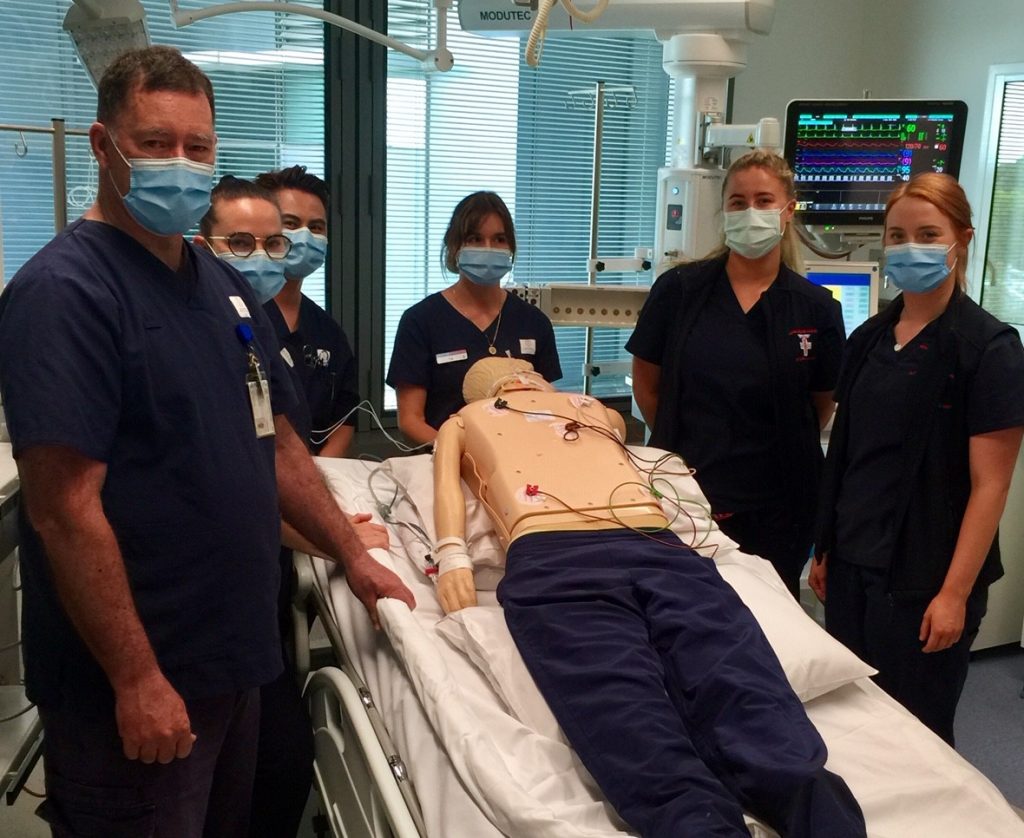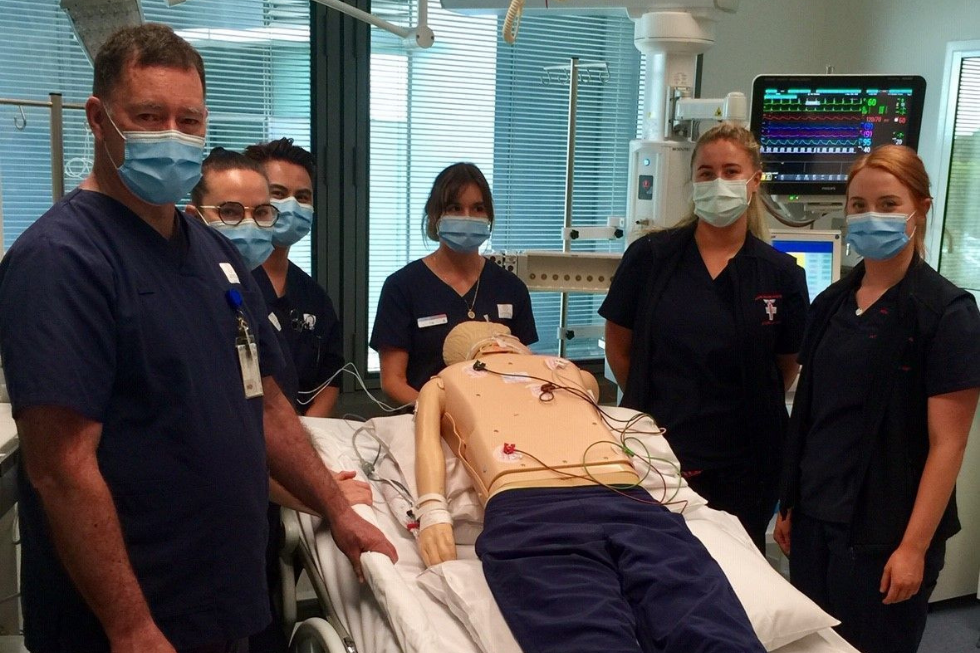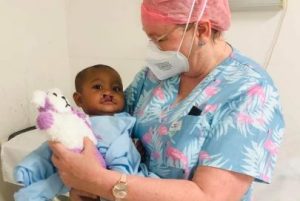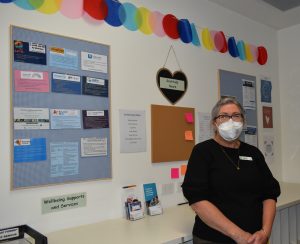
More than 650 frontline nursing and medical staff at the Royal Adelaide Hospital (RAH) are actively preparing to manage a possible surge in patients requiring critical care, as part of Central Adelaide’s COVID-19 readiness program.
About 450 intensive care nurses are completing training focused on ventilated patient prone positioning, specific COVID-19 intubation, intermittent dialysis and donning and doffing personal protective equipment.
A further 140 nurses working in other areas across the hospital, including Recovery, Anaesthetics, Cardiac and Respiratory units, who previously participated in ICU training in 2020, are also undertaking a targeted ICU refresher program.
Additionally nearly 100 medical staff, including consultants and registrars, have participated in simulation drills and mock exercises, also receiving updated training on the use of personal protective equipment and infection control measures.
RAH Intensive Care Head of Unit, Dr Krish Sundararajan, said the hospital’s COVID-19 readiness program had been underway since the pandemic began.
“We have been at the forefront of the response for a long time now,” Dr Sundararajan said.
“We have had the time to prepare, we have the technical know how to respond effectively while also putting the learnings from the first and second waves into good effect.”
RAH Intensive Care Unit nurse educators, Natalie and Gigy, are delivering the nursing program and have also incorporated lessons derived from the experiences of international and interstate healthcare services.
“Since 2020 we’ve learnt a lot about how best to manage COVID-19 patients,” Gigy said.
“We’re also taking the lessons from international colleagues and more recently from those in New South Wales and Victoria, to ensure we are optimising patient care.
“By offering refreshers to all those staff previously upskilled last year when the pandemic first emerged, we are again ensuring our nurses are supported and ready.”
RAH ICU registered nurse, Jade, attended a training session earlier this month.
“It’s something we already know, but the more you do it the more comfortable you feel,” she said.
“We already see people on their worst days and at their sickest, so it’s good to know we’re going to be doing the best for them.”
CALHN COVID-19 Executive Lead, Rachael Kay, said the additional training would ensure Central Adelaide’s critical care nursing workforce remained well-equipped to care for COVID-19 patients.
“We are confident in the network’s ability to respond to this challenge and keep our community safe,” Ms Kay said.
CALHN Executive Director, Nursing, Donna Stevens, said the education program was also boosting workforce agility and adaptability, now and for the future.
“This program of upskilling and training for Central Adelaide’s frontline staff not only builds our capacity to respond to any possible surge in COVID-19 patients coming to the RAH, it also improves the knowledge and skill set of hundreds of nurses,” Ms Stevens said.
“It will provide us with flexibility to mobilise staff between areas to meet demand and allow us to utilise new team-based models of care which provide the best patient outcome.”



